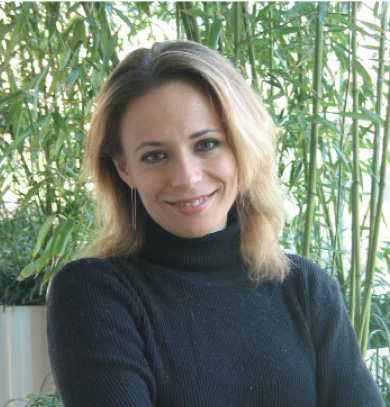Combined Assessment
Dr Daniela Tropea is an Associate Professor in Molecular Psychiatry in the Department of Psychiatry, Trinity Translational Medicine Institute (TTMI) and Trinity Institute of Neurosciences (TCIN). Here she talks about her experience of using combined assessment, as part of the PRU33002 in BSc in Human Health and Disease. |
 |
What might an ‘assignment brief’ look like for this assessment type in your context?
The students are evaluated for their knowledge of the basic principles of neurobiology, and their ability to elaborate this information in the context of the mechanisms of brain disorders.
I use a combination of methods: final exam and continuous assessment. The final exam has Multiple Choice Questions (MCQs) and essays.
The continuous assessment consists in an oral presentation (of a scientific paper), and an assignment on a particular topic. To complete the assignment, the students needs to use the material presented in the lectures, the scientific literature, and a book which is assigned every year as part of the course material.
What are the main advantages of this assessment type?
Different students have different abilities, and the combined evaluation assures that all the students have the possibility to show their strength.
What are the main challenges for using this assessment type?
The preparation of the assessment is challenging.
Why do you use this particular assessment type in a digital context?
Combining different methods of assessment offers the possibility to investigate multiple aspects of the students’ performance: the knowledge- measured with the MCQs, the capacity of elaboration- measured in the essays , and the ability to summarize and present, measured in the oral presentation.
Another advantage is that the students can prepare their material in different timeframes: a limited number of hours during the final exam, and several weeks for preparing the assignment and the oral presentation. This last approach is particularly good for students who suffer of stress under pressure, but they can organize their schedule in advance.
What advice would you give a colleague thinking about using this type of assessment?
To take time at the beginning of the course to discuss all the components of the assessment and the best strategy to be successful for each component. The students should know from the beginning when each assessment component is planned, and what is the topic for the continuous assessment’s components.
Do you recommend any resources or technologies to support this type of digital assessment?
Plagiarism detection.

